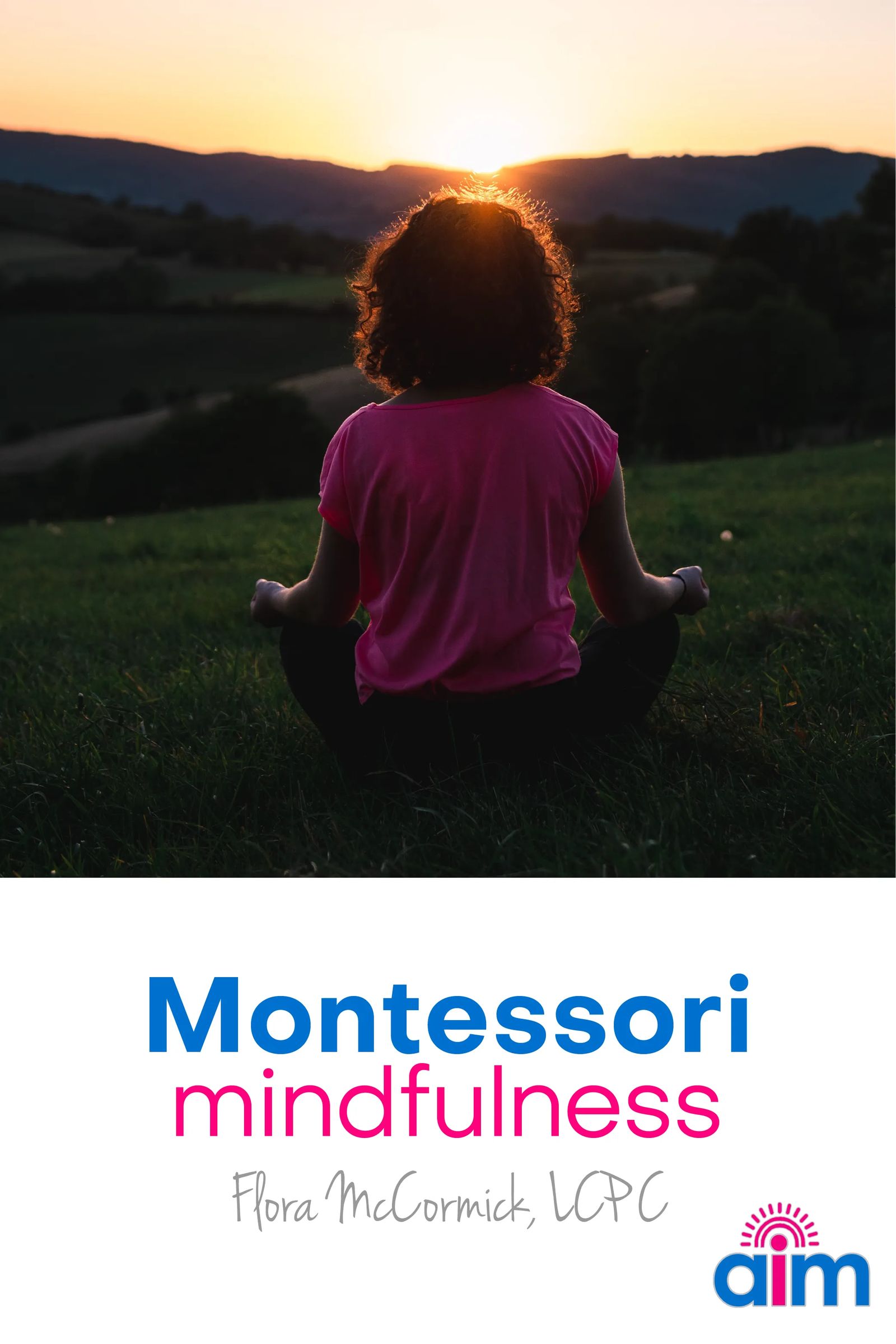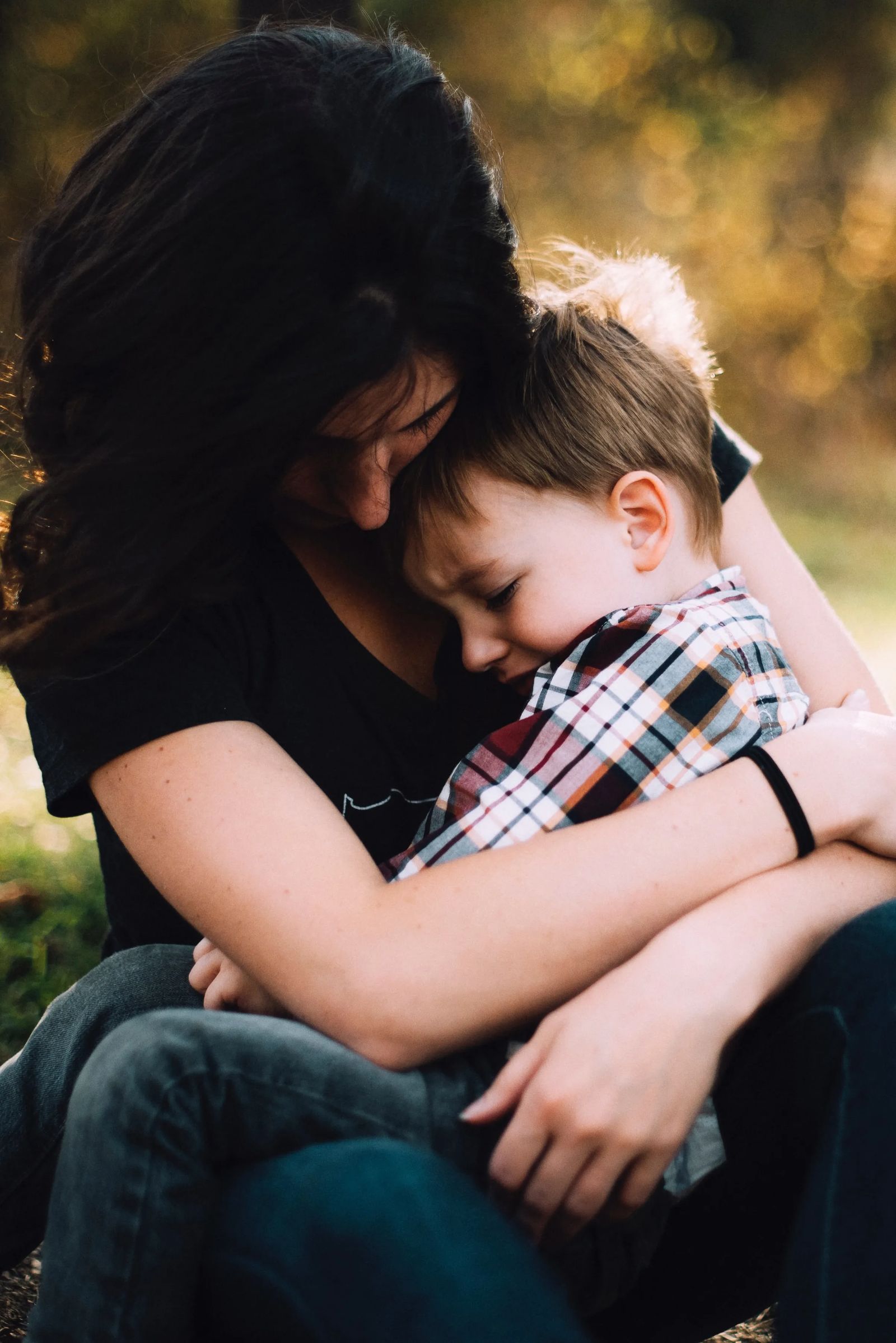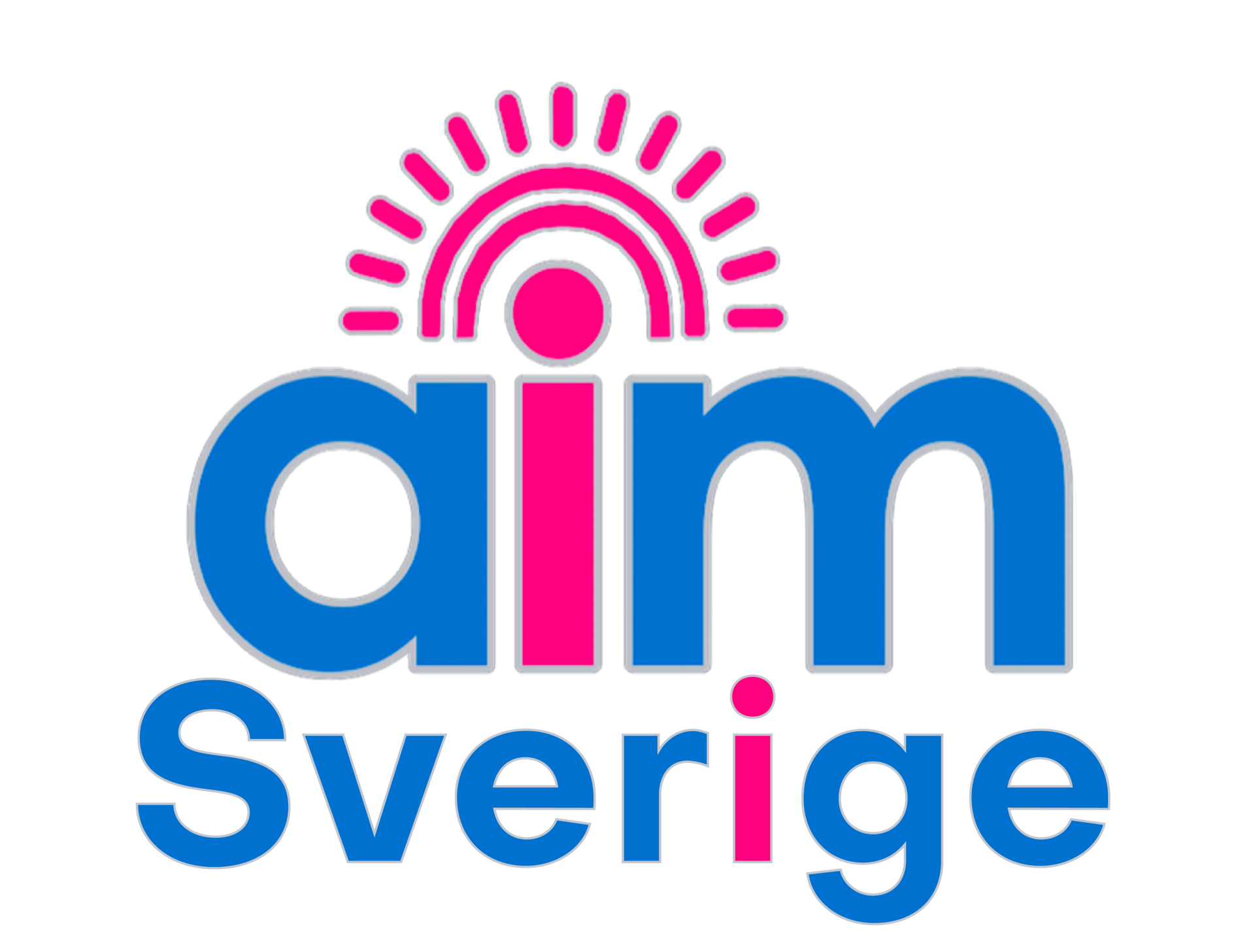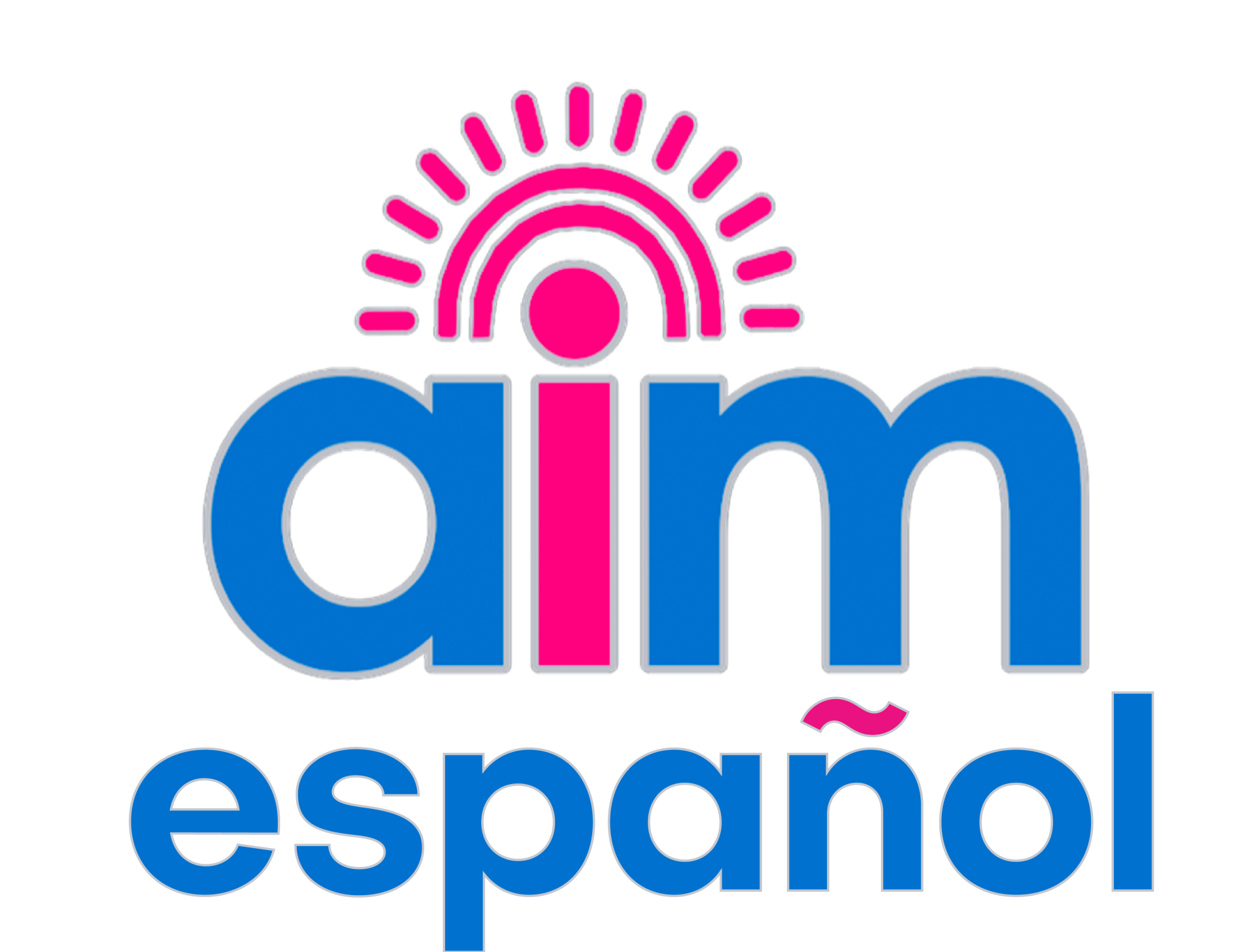Montessori Mindfulness

Parents, do you sometimes find yourself wondering what you did during the day, beyond managing tantrums or cleaning up messes? Many adults go through their day not really very present (mentally or emotionally) as they interact with their children. This makes it easy for the brain to get stuck feeling stressed. Not only is stress unhealthy for your mind and body, but it certainly also doesn't help you to be the best parent you can be.
The answer is mindfulness. Mindfulness gives us the opportunity to stop the mental, emotional and physical stress response.
What does it mean to be a mindful parent or teacher?
Mindfulness in general is "the quality or state of being conscious or aware of something." (dictionary.com) It means taking a pause during the momentum of a day to say, "I want to be conscious and aware of how I am parenting." However, mindful parenting is even more than this. According to Mindfulness.org, mindful parenting means:
- Noticing your own feelings when you’re in conflict with your child
- Learning to pause before responding in anger
- Listening carefully to a child’s viewpoint even when disagreeing with it
These concepts create an opportunity for such different interactions with our children. As the parent of a 1-year-old and 3-year-old child, I find myself challenged and extremely rewarded when I focus especially on number 1 and 2. When I pause before responding in anger, it is much easier to manage that anger, and thus be able to focus on listening to my child's point of view and respond with patience and problem-solving.
An important part of Montessori is to observe – ourselves and our children - and we can often begin to recognize the triggers and little incidents that begin the process of when things become tense. When we learn to recognize the start of things, we can sometimes take affirmative action BEFORE the problem becomes full-blown.

The first step is to stop and breathe
Take a moment, right now as you are reading and take a few slow breaths in your nose and out your mouth (extending the exhale, especially, for as long as you can. Envision that you are trying to move a feather across a table in front of you with each exhale). The more you calm your body through breathing, the more you will be able to be present and calm mentally and emotionally. According to Forbes, "Controlled breathing may be the most potent tool we have to prevent our brains from keeping us in a state of stress, and preventing subsequent damage caused by high stress levels. The relaxation response is a built-in way to keep stress in check." We also know that when we are stressed, the logical and creative part of our brain is hijacked, making us unable to be a mentally-present, logical, and creative parent.
"Analyses showed that parents who reported more mindful parenting engaged in more positive and less negative parenting behavior, which was then linked to more positive behavior in their kids—meaning less anxiety, depression, and acting out." (https://www.mindful.org/mindful-parenting-may-keep-kids-trouble)
When we take time to pause and relax ourselves, we can better focus on what our child needs and feel less stressed while doing so. If you'd like a voice to guide you through 3 minutes of to mindfulness, Mindyeti has some amazing resources. Also, check out our Top 5 Ways to Manage Your Anger (for Parents).
When we take time to be mindful, we can follow the child
“Follow the child, they will show you what they need to do, what they need to develop in themselves and what area they need to be challenged in. The aim of the children who persevere in their work with an object is certainly not to “learn”; they are drawn to it by the needs of their inner life, which must be recognized and developed by its means.”
– Maria Montessori
One of the signature differences in Maria Montessori's teaching style is that she observed children extensively and formed the learning environment and education materials around what she saw the children attracted to. She was as keenly mindful in her time with children as one could possibly be. I believe this mindfulness helped her to enjoy the children too. Let us all take a moment today to emulate this quality and seek to be first mindful of ourselves, and secondly mindful observers of our children. Let's be present (mentally and emotionally), so we can apply the Montessori principles with the children we treasure.

Flora McCormick has been a Licensed Clinical Professional Counselor & Parenting Coach for 10 years, she helps parents of young children to calm the chaos, and revive connection and cooperation. Her strategies are sustainable for busy parents, using kindness & firmness at the SAME time. The result is an improved relationship with your child, where you can enjoy being a parent.






















